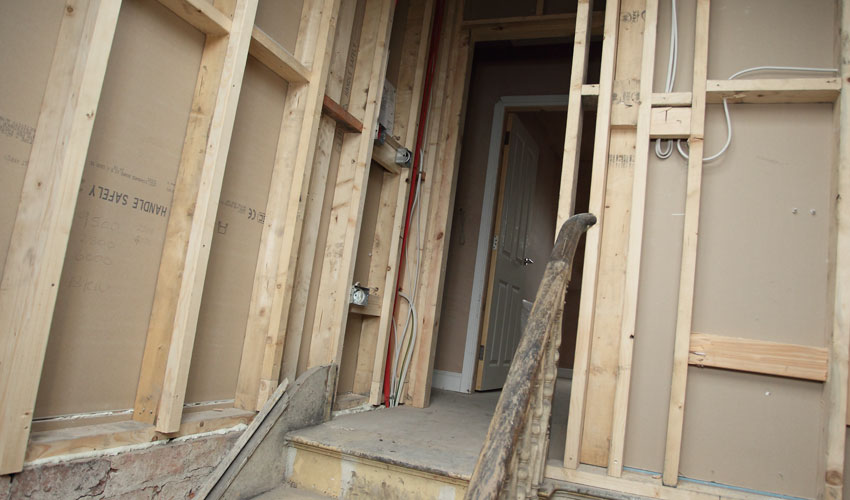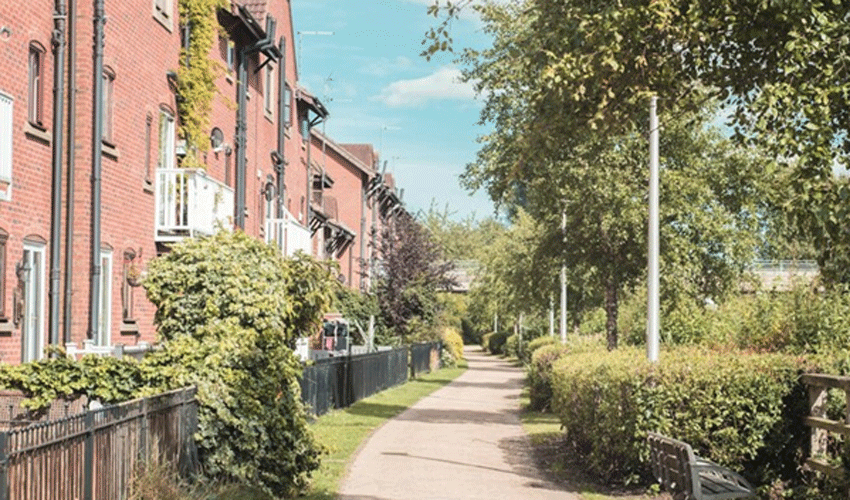
It’s common for students to rent private houses during their university days, and it’s even more common for these houses not to be in the best condition.
There are certain things that landlords and letting agents should be responsible for solving, but what are they?
Major repairs
Landlords are often responsible for major repairs, as well as those that could endanger the tenants or their health. These include:
- Keeping the structure and exterior of your home, including walls, roofing, ceilings, foundations (brickwork), gutters and drains, external piping, and windows and doors intact.
Any burst piping or crumbling brickwork should be reported immediately, along with anything that could be a safety hazard or encourage theft and break-ins, such as a broken window or door. - Sinks, toilets, baths, and other basins along with their piping should be kept in order by your landlord. If any of these become broken, blocked, or damaged then the landlord should send a plumber round to deal with them or fit a replacement.
- Gas pipes, water, water tanks and boilers, radiators, electrical wiring, gas fires, fitted electric fires and fitted heaters should also be maintained by your landlord. If your boiler breaks and you are left without heating or hot water your landlord should arrange for this to be repaired as soon as possible, though depending on the weather conditions and the health conditions of the occupants who live there, this might not be a priority case if the landlord already has a long list of other repairs to deal with and you might be left waiting longer for this to be resolved.
What about the costs?
The landlord isn’t allowed to charge you for the cost of these repairs, or have you organised these repairs yourself, as they should conduct these in a safe manner and each repair time, date and price will have to be noted accordingly with the letting agents.
Landlords will only make repairs if there is a problem that they have been made aware of, so it’s important that you alert them at your soonest convenience so that issues can be resolved as quickly as possible.
If your home is uninhabitable
If your home isn’t fit to live in due to other unsafe living conditions including irregular heating, infestations, overcrowded living spaces, serious damp or mould problem, asbestos, or an unsafe water supply, your landlord should also rectify this for you.
If your house is in complete disrepair and you have to live elsewhere whilst the repairs are being done, or your landlord is refusing to repair something that can affect your standard of living, you could be entitled to a housing disrepair claim.
What won’t my landlord take care of?
Your landlord isn’t required to deal with things that you yourself should be taking care of. For example, if your bins are overflowing because you haven’t taken them out, or your carpet becomes stained and dirty due to spills.
You will be required to deal with things such as changing lightbulbs and keeping ovens and washing machines in good condition by cleaning them after use.
We hope this short guide will help those of you with house disrepair complaints. And remember: don’t let your own home become your worst nightmare.












